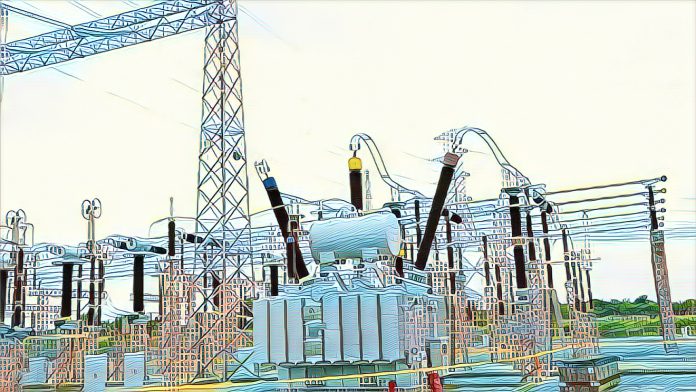Amid mounting concerns over the utilization of over N7 trillion in financial interventions since the privatization of the power sector, the House of Representatives has resolved to initiate a comprehensive investigation. This decision seeks to account for the enormous financial injections and assess the return on investment, considering the persistent electricity crisis plaguing the country.
In a related development, AbdulRahman AbdulRazaq, the Chairman of the Nigeria Governors Forum (NGF) and Governor of Kwara State, hailed the recent enactment of the Electricity Act 2023. He acknowledged the law as a pivotal stride toward resolving the electricity supply challenges, reflecting on the federal government’s hefty investment exceeding N7 trillion to rejuvenate the sector.
Furthermore, Dr. Mustapha Abdullahi, the newly appointed director general of the Energy Commission of Nigeria (ECN), is committed to enhancing the country’s power blueprint through the extensive incorporation of renewable and alternative energy resources.
These proclamations come at a time when the country grapples with an underperforming power sector despite vast financial commitments. Hon. Ademorin Kuye, speaking at a recent plenary session, recounted the government’s divestment from the Power Holding Company of Nigeria (PHCN) in 2013, which led to the emergence of several generation companies (GenCos) and distribution companies (DisCos). Despite these measures, the sector still falters in meeting public expectations.
Kuye emphasized that subsequent to the sector’s privatization, the government didn’t retract its financial involvement, injecting over N7 trillion through various initiatives, including the Presidential Power Initiative. These funds, aimed at revamping the sector, highlight an extensive dependence on financial aid, including a significant contribution from the Central Bank of Nigeria (CBN) and international donors such as the World Bank and the African Development Bank (AfDB).
“Despite these interventions, revenue generation and collection remain the sector’s Achilles’ heel, with many DisCos underperforming financially,” Kuye remarked, alluding to the takeover of several DisCos by financial institutions.
According to a report by This Day Live, the federal legislature, alarmed by the frequent national grid failures and the sector’s overall inefficiency, has mandated a probe into these financial interventions. This initiative aims to ascertain the judicious application of funds and propose comprehensive legislative actions based on the findings.
Meanwhile, at a seminar organized by the NGF and the United Kingdom Nigeria Infrastructure Advisory Facility (UKNIAF), various voices, including AbdulRazaq and the Director-General of the NGF, Asishana Okauru, lauded the Electricity Act 2023. They described the Act as instrumental in opening up the market and enhancing the involvement of various stakeholders, including state governments, in the nation’s electricity market.
In his inaugural address, the new ECN chief, Abdullahi, assured a renewed focus on renewable energy sources, underlining their critical role in Nigeria’s energy future. He outlined his vision for the commission, which includes a strong emphasis on research, development, and collaborative initiatives, coupled with improved welfare for the commission’s staff.



